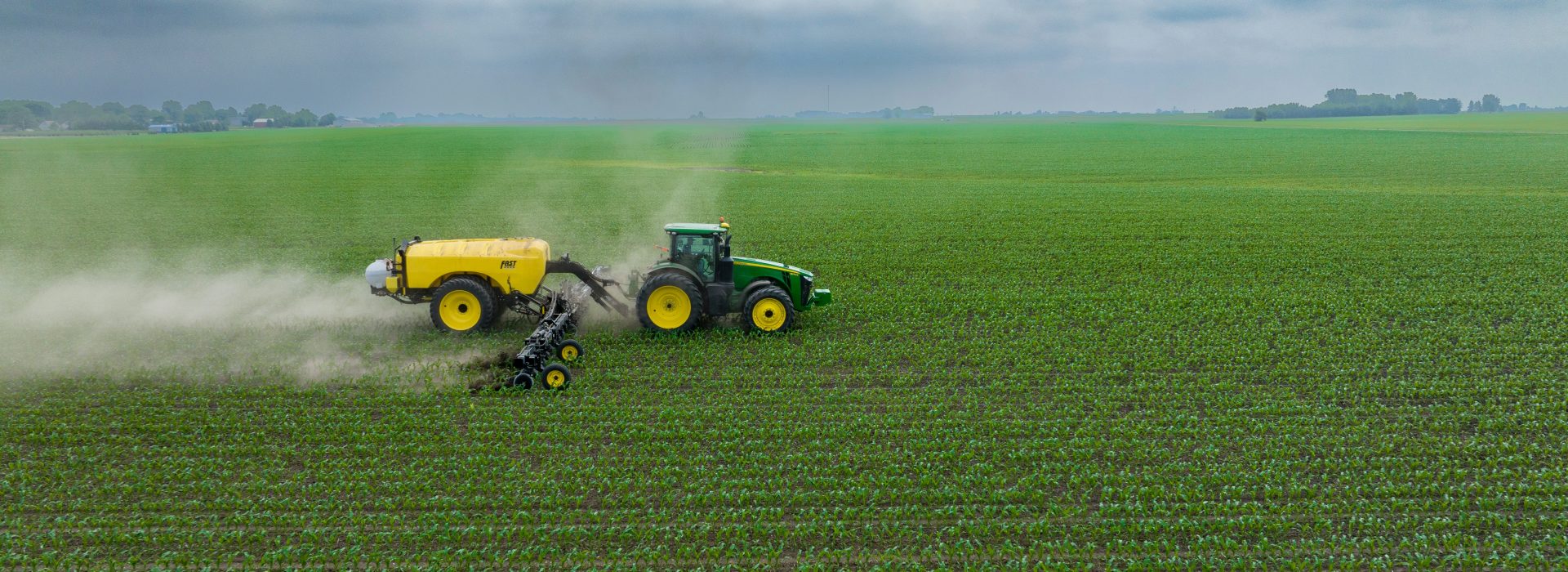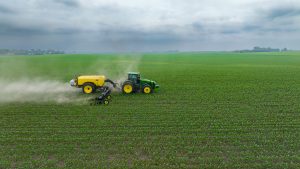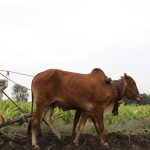Introduction
The global food system is in a state of disarray. Dominated by multinational corporations, it has led to unsustainable and unhealthy production and consumption patterns, generating massive waste and ecological damage. The system’s failure to provide equal food access has caused extreme hunger to rise instead of decline. This post explores the multifaceted dysfunction of the global food system and the urgent need for sustainable solutions.
The Fertilizer Conundrum
In 2021, the global fertilizer shortage became a critical issue. Prices soared due to rising natural gas costs and the Ukraine war, leading to economic sanctions on Russia, a major fertilizer exporter. However, it was revealed that companies exploited this crisis to raise prices beyond the increase in costs. Profits of the world’s nine largest fertilizer companies doubled from $14 billion in 2020 to $28 billion in 2021, then soared to $49 billion in 2022.
This price increase, termed ‘greedflation,’ has left small farmers around the world struggling to afford fertilizers. Governments have responded with subsidies and measures to encourage domestic production, but the use of chemical fertilizers poses significant ecological risks.
The Cinderellas of Agricultural Policy
The current crisis offers an opportunity to reevaluate our reliance on chemical fertilizers. Governments must consider alternative agroecological technologies, such as crop rotation, natural fertilizers, and pesticides. These practices can reduce costs and environmental damage while maintaining high yields.
However, the transition must be handled with care. Sri Lanka’s abrupt ban on chemical fertilizers in 2021 led to reduced food production and acute shortages. Carefully implemented agroecological approaches could significantly boost productivity and soil quality and be scaled up as needed.
The Need for a Sustainable Path
Unfortunately, most private investment and foreign aid continue to focus on chemical fertilizers rather than agroecological farming. Organizations like the Alliance for a Green Revolution in Africa (AGRA) advocate an industrial model of agriculture that relies heavily on chemical fertilizers and pesticides. Independent studies have shown that this approach is failing to meet its goals, leaving farmers vulnerable to soaring input prices.
Conclusion: A Genuine Opportunity
The global food system’s broken state requires a reorientation towards a more sustainable and equitable path. By reducing our reliance on chemical fertilizers, we can turn the current food crisis into a genuine opportunity. The time has come to transform the highly oligopolistic markets for agricultural inputs and crops and embrace sustainable solutions that benefit all.
Note: The content of this blog post is inspired by an article from the IPS Journal and includes insights and information from the original piece. For a more detailed analysis, please refer to the original article.












